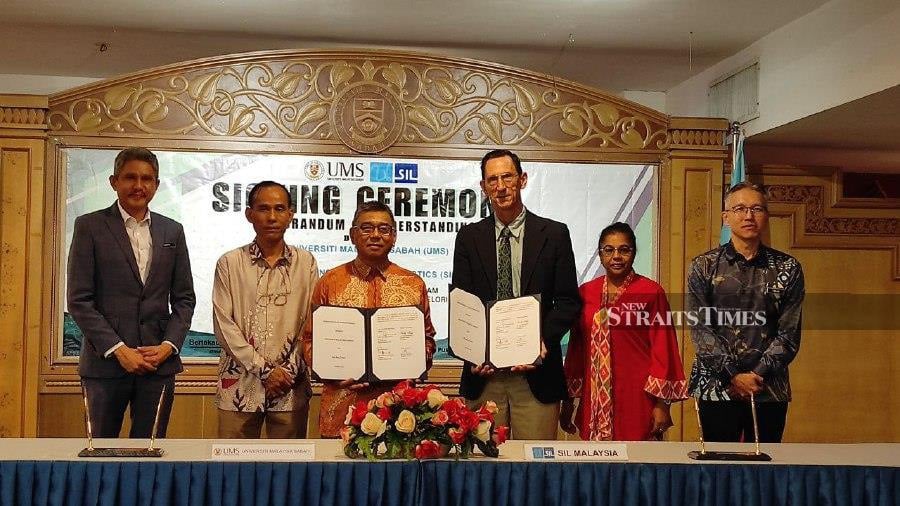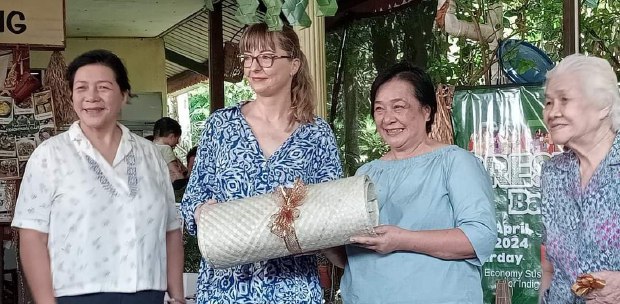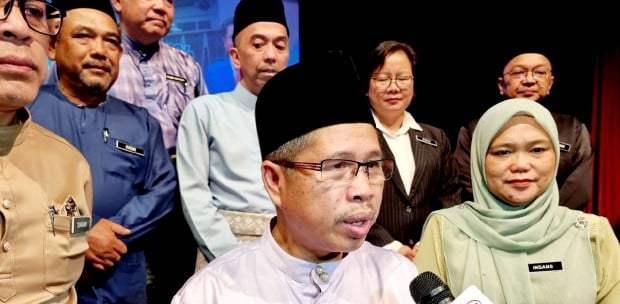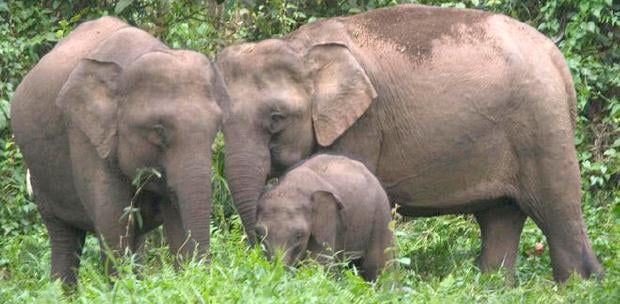KOTA KINABALU: Most Sabah indigenous languages are endangered, said Summer Institute of Linguistics (SIL) Malaysia executive director Dr Timothy Philips today.
Philips said this was partly because some indigenous groups were small in size and there was also a break in language transmission to the next generation.
Without specifying which indigenous languages were extinct, Philips said the language would die out when it was not spoken at home.
"Why should we be concerned about indigenous languages? In Malay, there is the proverb, 'hilang bahasa, hilang bangsa'.
"A people's language embodies everything that is important to them.
"So much of your culture, so much of your identity is tied on your language. So to lose your language is to lose a large part of your identity."
He said this at signing of a memorandum of understanding between Universiti Malaysia Sabah (UMS) and SIL Malaysia at UMS here.
Philips said SIL Malaysia was proud to work with UMS to serve Sabahans and the nation by helping preserve their languages.
"The renewal of the MoU between UMS and SIL holds great significance as it officially solidifies our partnership.
"This collaboration fosters research and cooperation, expands educational opportunities and strengthens indigenous communities and languages of Malaysia, enabling them to flourish using the languages they value most."
Meanwhile, UMS Vice-Chancellor Professor Datuk Dr Kasim Mansor said he hoped the union between UMS and SIL Malaysia continued to benefit those who needed it the most.
"This collaboration focuses on research, knowledge-sharing, publication and collaborative conferences on how to maintain and preserve Sabah's indigenous languages because, in Sabah, we are rich in languages, and we have more than 43 indigenous groups."
He added that anticipated areas of collaboration included joint supervision of postgraduate students, engagement of invited SIL examiners for postgraduate programmes, and the delivery of invited lectures.
"This renewed commitment underscores our dedication to academic excellence, research innovation and community engagement.
"Together, we will continue to strengthen individuals and communities through the preservation and promotion of language and culture."





